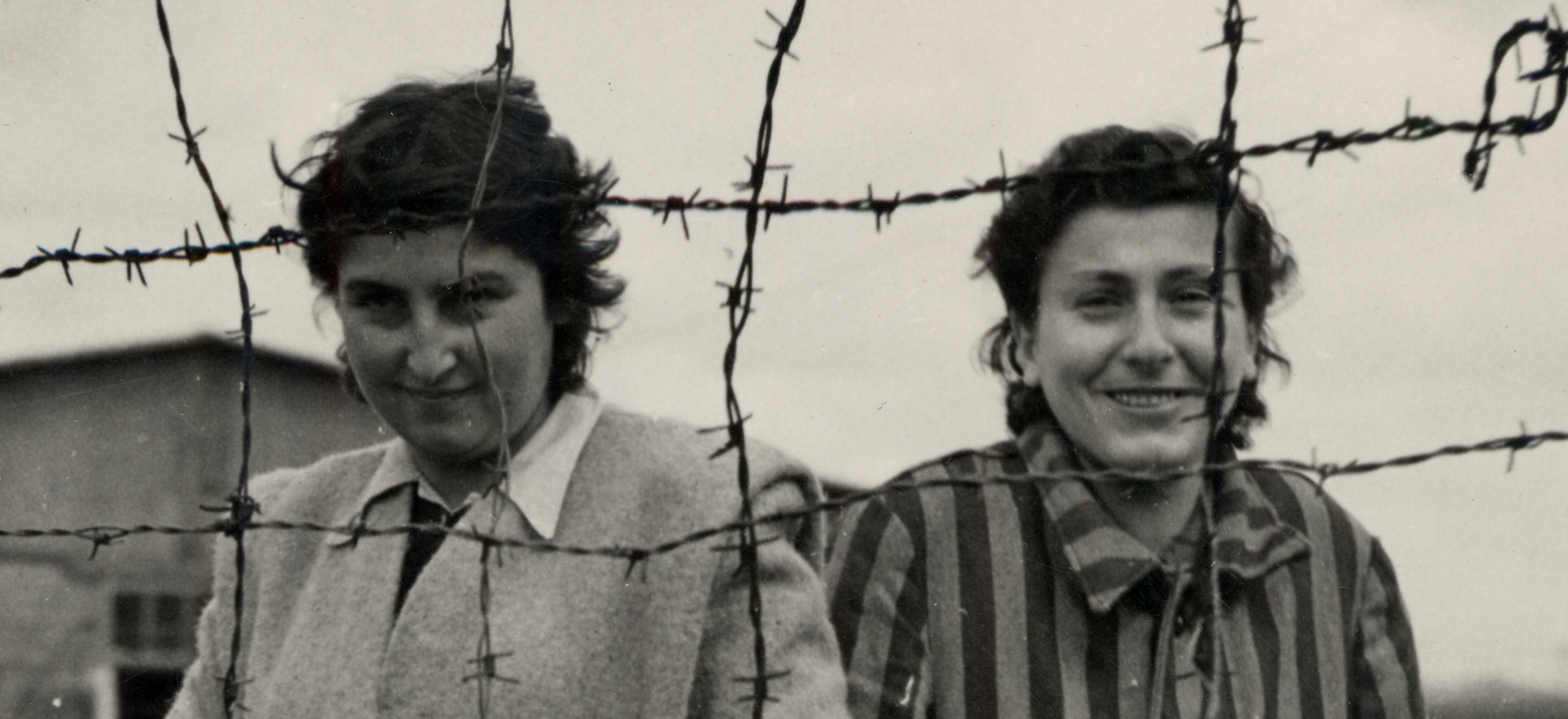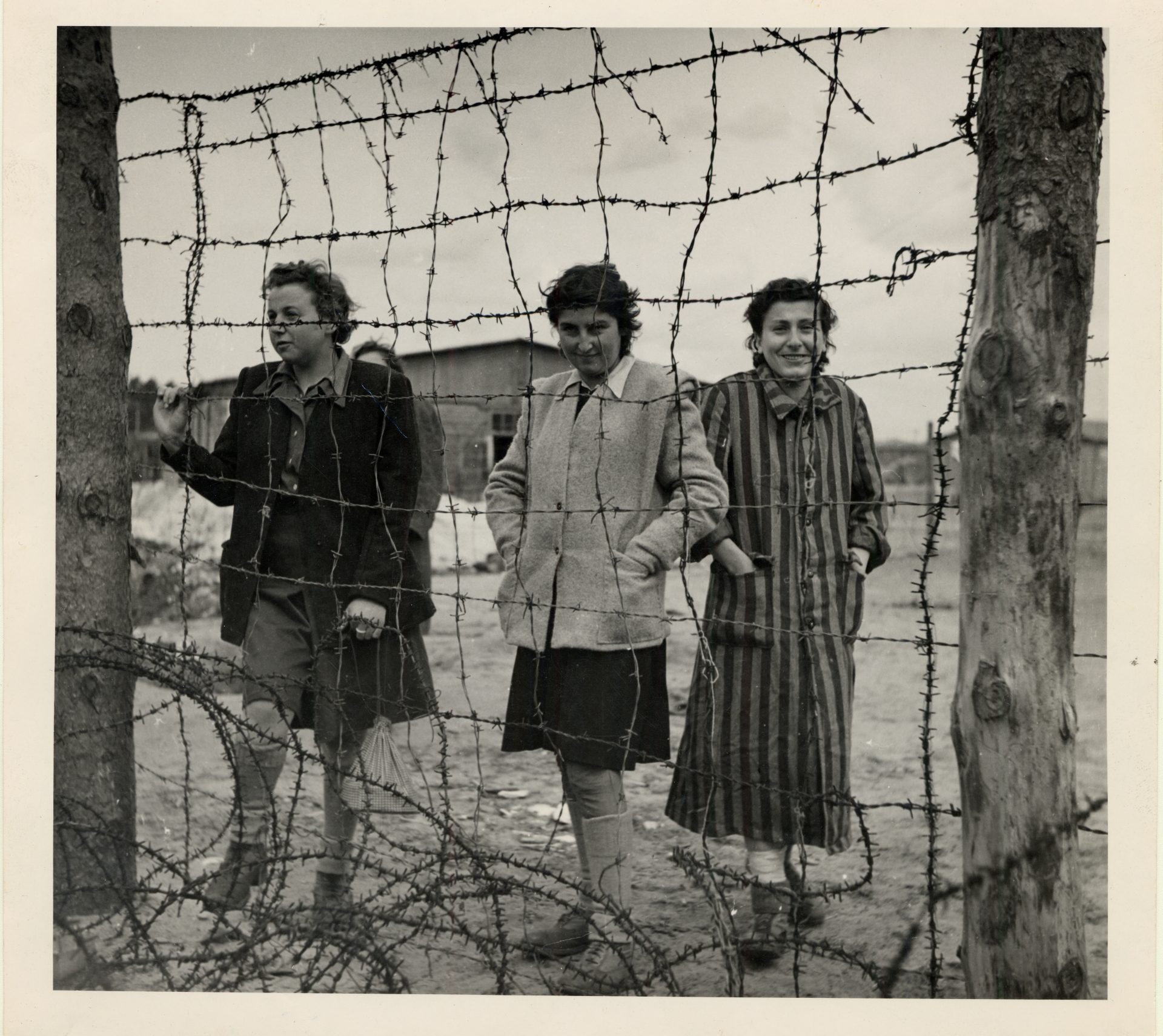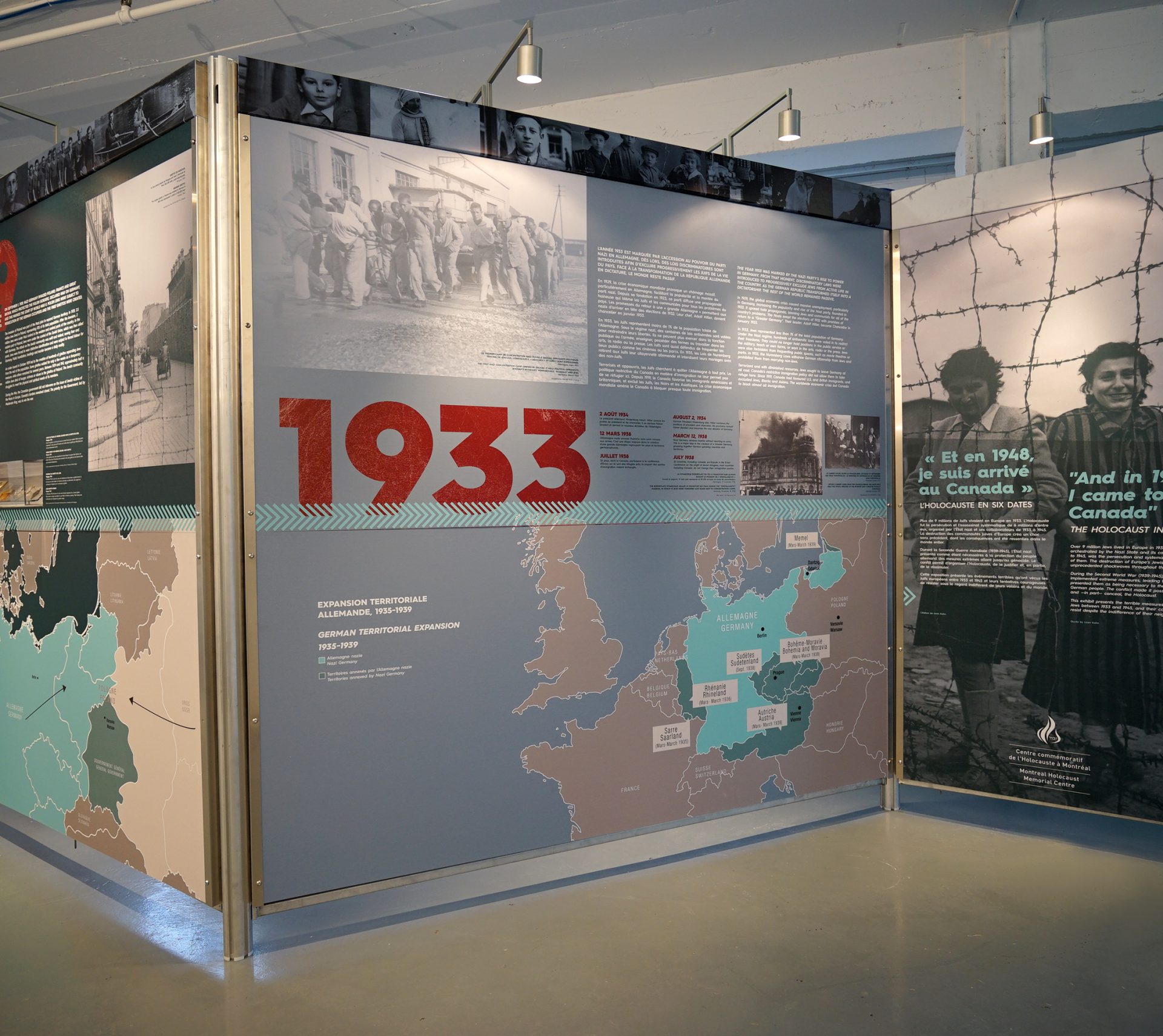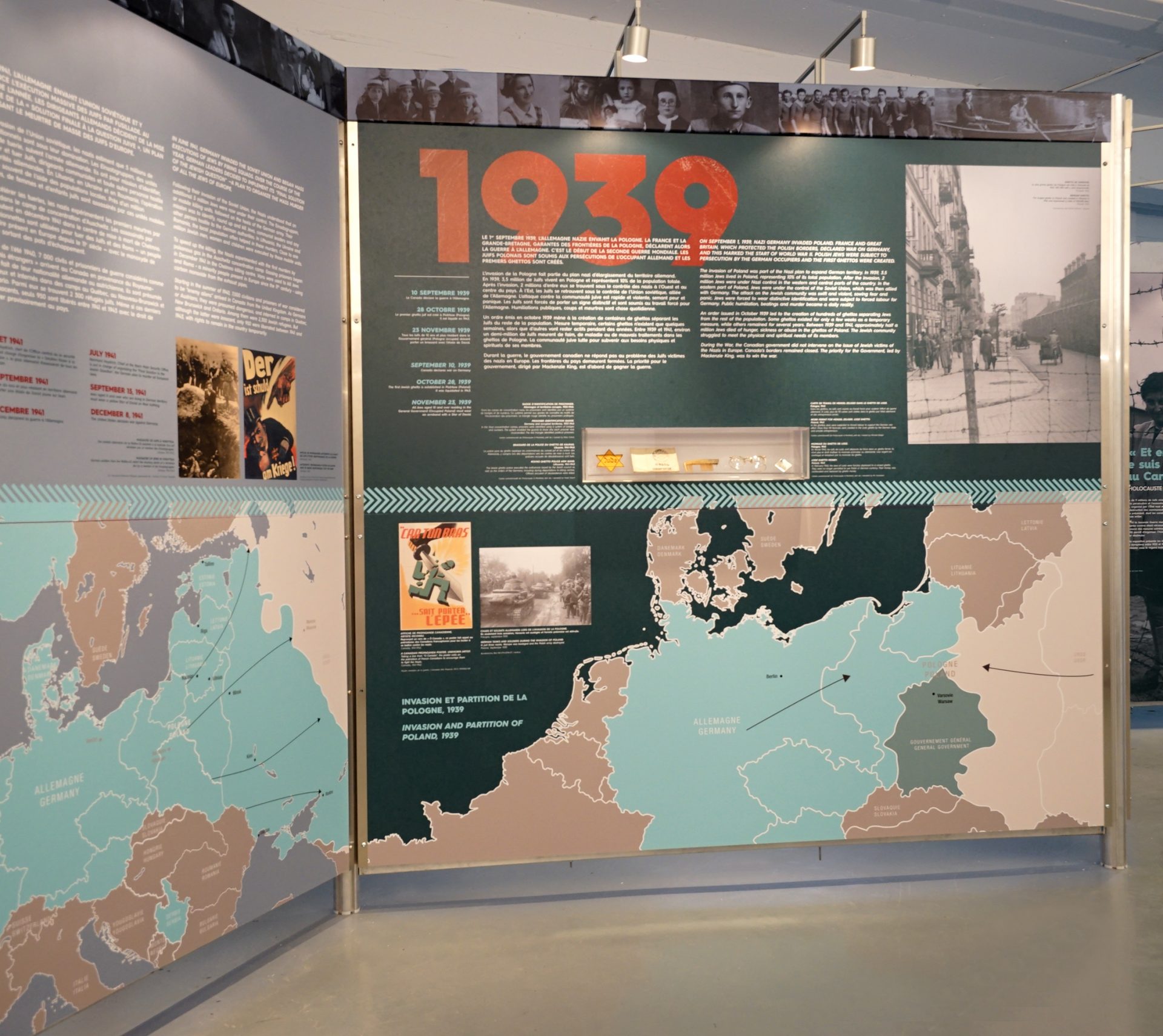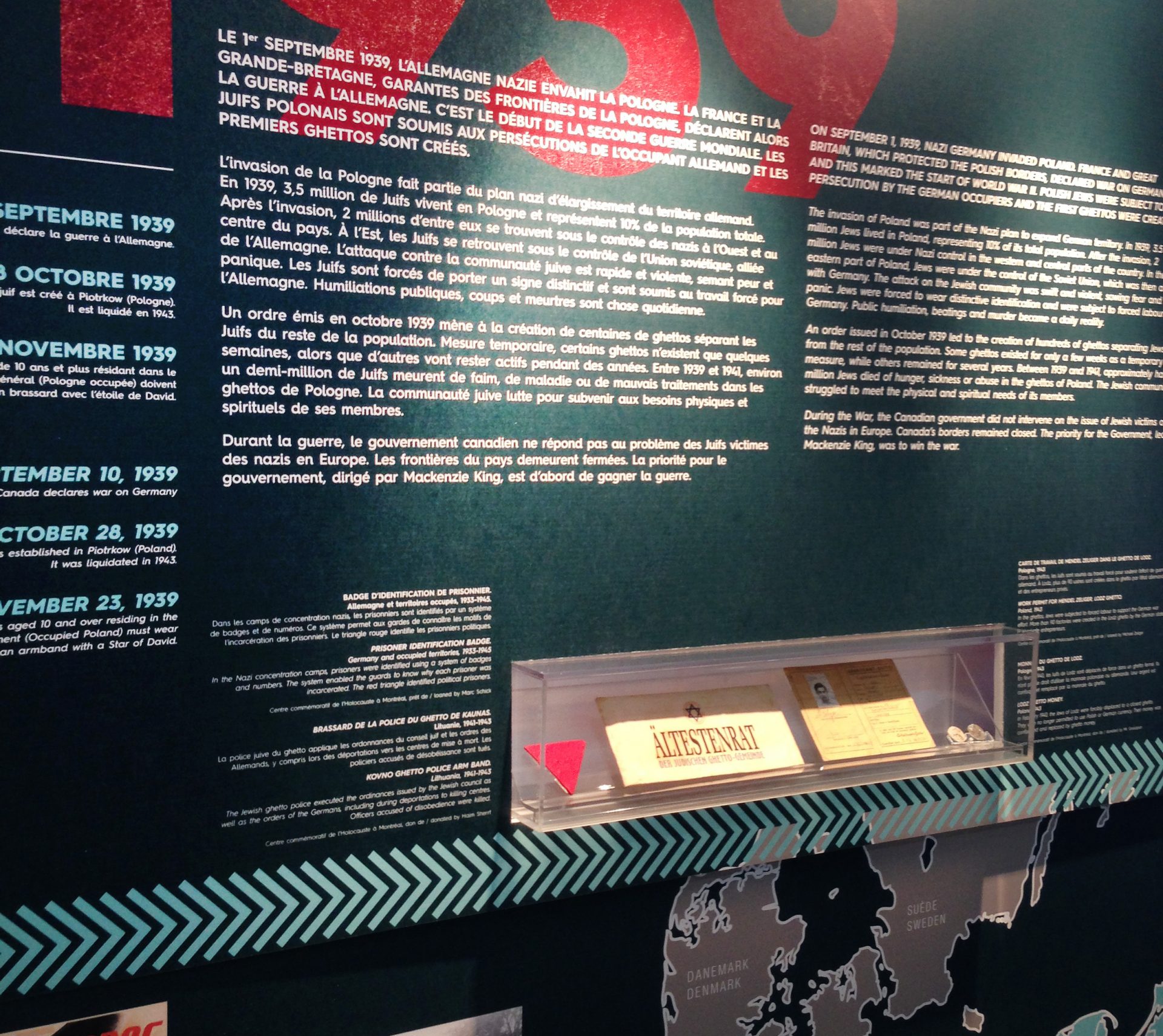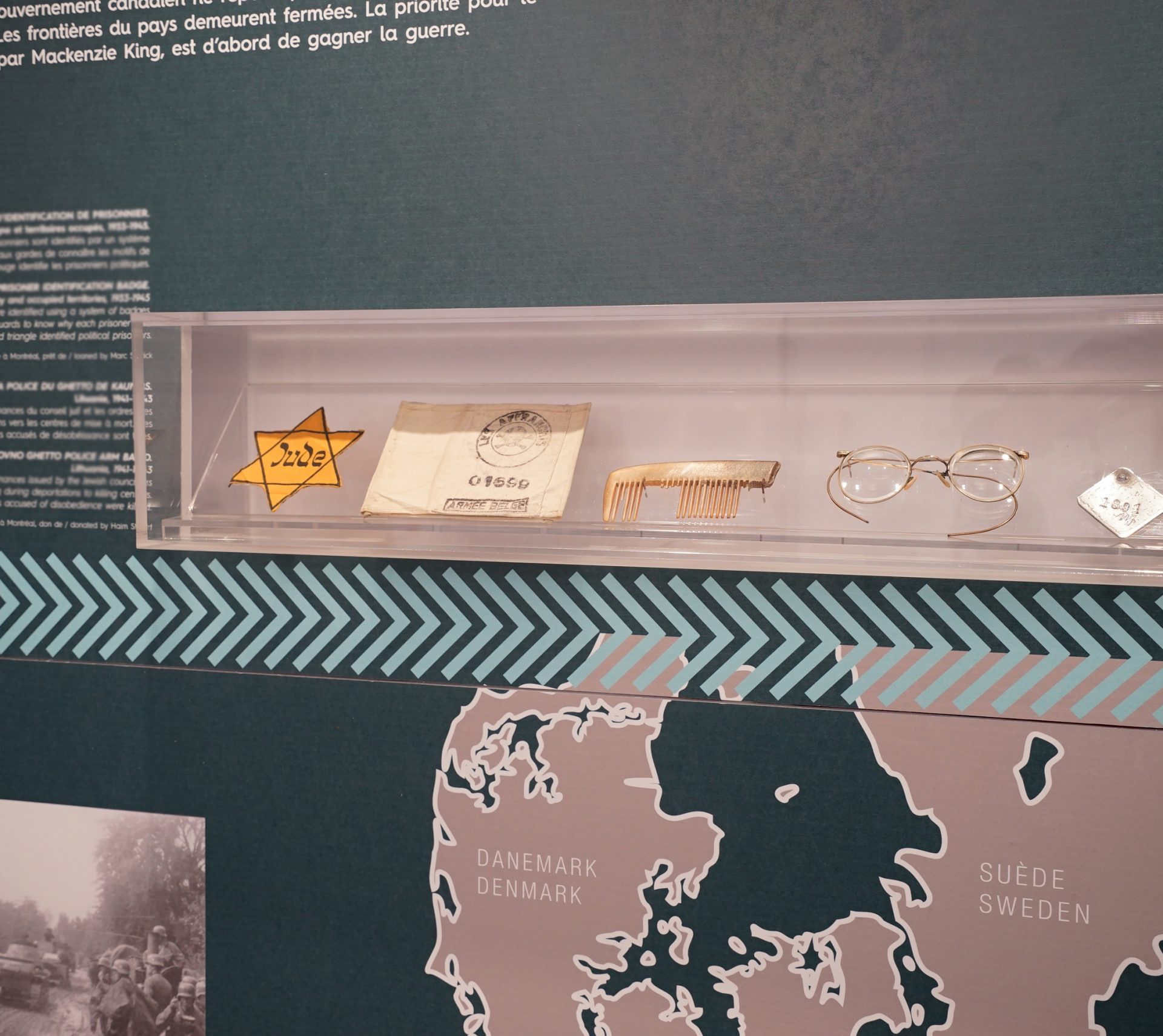The travelling exhibition, “And in 1948, I came to Canada”: The Holocaust in Six Dates raises awareness about the genocide of the Jews by presenting its history and reflecting on the impacts of racism and discrimination in our society. It commemorates the victims of the Holocaust and honours the survivors who made Canada their new home.
This project has been made possible in part by the Government of Canada.
“And in 1948, I came to Canada”: The Holocaust in Six Dates
The exhibition looks at the history of the Holocaust and the Second World War through six key dates, as well as Canada’s reaction to these events.
- 1933 Nazi rise to power and anti-Jewish laws
- 1939 Beginning of the war and creation of ghettos
- 1941 Invasion of the USSR and mass murders by mobile killing units
- 1942 Deportation to the death camps
- 1943 Resistance
- 1945 Liberation and the post-war period
It raises questions about Canada’s involvement in the conflict, revealing the government’s inaction towards Jewish refugees. The exhibition also explores survivors’ immigration and settlement in the post-war years.
The exhibition includes the presentation of 10 original artefacts, and 30 minutes of survivor textimonies.
Practical information about hosting the exhibit
- Rental Fees: Free (transport and insurance fees are the responsibility of the renter)
- Area requirements: Zig Zag configuration of 446 square feet (41,2 m2) or Star configuration of 500 square feet (46,5 m2)
- Target Audience: General public and school groups
- Accompanying Materials: A pedagogical guide designed for school groups, a reference document about the history of the Holocaust, a guide for organizing commemorations in your community
- Language: French and English
This “all-in-one” travelling exhibition uses the MuseoGeo system. It is freestanding, with its own lighting system, touch screen and two display cases for the presentation of artefacts.
Accompanying material for the exhibit
- Promotional material
- Pedagogical guide
- Commemoration guide
For more details, download the information sheet. To reserve a date, please complete the reservation form and send it to the following email address: museum@museeholocauste.ca
Accompanying pedagogical tool
The Exhibit Guide “And in 1948, I came to Canada” – The Holocaust in six dates includes nine activities designed to accompany students before, during and after a visit. It should be noted that they are equally suitable for Grade 6 classes or for high school classes.
The activities offer students the opportunity to analyze artefacts as primary sources and encourage connections between the Holocaust, war, and Canada’s role.
Exhibition Dates
- June 28th, 2021 to September 20th, 2021: the exhibition is presented at the Musée des Acadiens du Québec (Quebec)
- October 4th, 2021 to February 3rd, 2022: The exhibit is presented at Raritan Community College (New Jersey).
- April 5th, 2022 to June 26th, 2022: the exhibition is presented at Thunderbay Museum (Ontario)
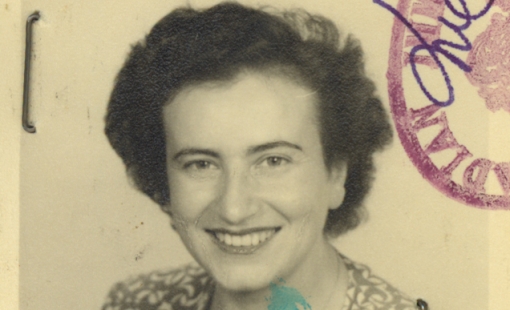
So when it came, the liberation, it was indescribable, our feeling.
Sarah Kleinplatz, Holocaust Survivor
To reserve a date, please complete our reservation form and send it to: museum@museeholocauste.ca
This project has been made possible in part by the Government of Canada.

